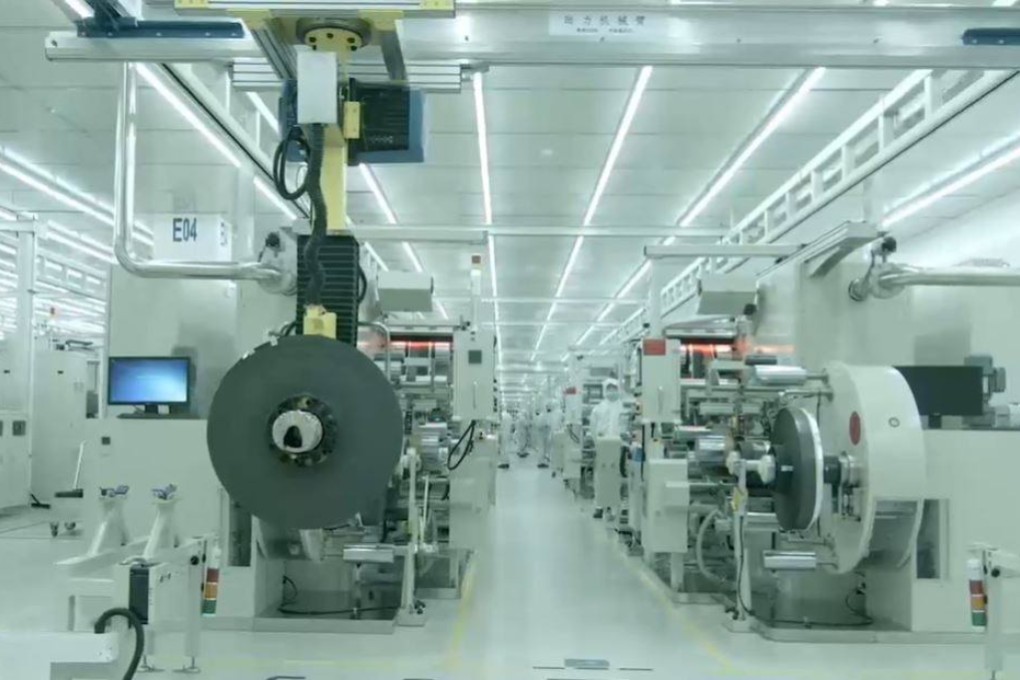Earnings stinker from Tesla’s battery supplier CATL leaves investors in pain as stock skids, lithium prices squeeze margins
- Celebrity fund manager Zhang Kun has managed to avoid the pain from the sell-off in CATL stock, which has lost 37 per cent this year
- Fund managers have started to dial back their bullish forecasts and price targets

Zhang, an industry celebrity at E Fund Management in southern Guangdong, has kept Contemporary Amperex Technology out from his four funds with US$12.7 billion of assets, while the stock crashed 37 per cent. The Shenzhen Component Index fell 26 per cent while the ChiNext gauge retreated 33 per cent in the same period.
“We are cautious due to the Covid impact along the supply chain,” Johnson Wan, an analyst at Jefferies, said in a report on May 2 when he downgraded the stock to underperform. “2Q might be a lost quarter.”
CATL, as the world’s biggest lithium-ion EV battery producer is known, fell 2 per cent to 368.50 yuan in Shenzhen on Monday. The 37 per cent slide this year has erased 512 billion yuan (US$76.1 billion) from its market capitalisation. It took the stock about seven months to grow the same value to its all-time high on December 2.
